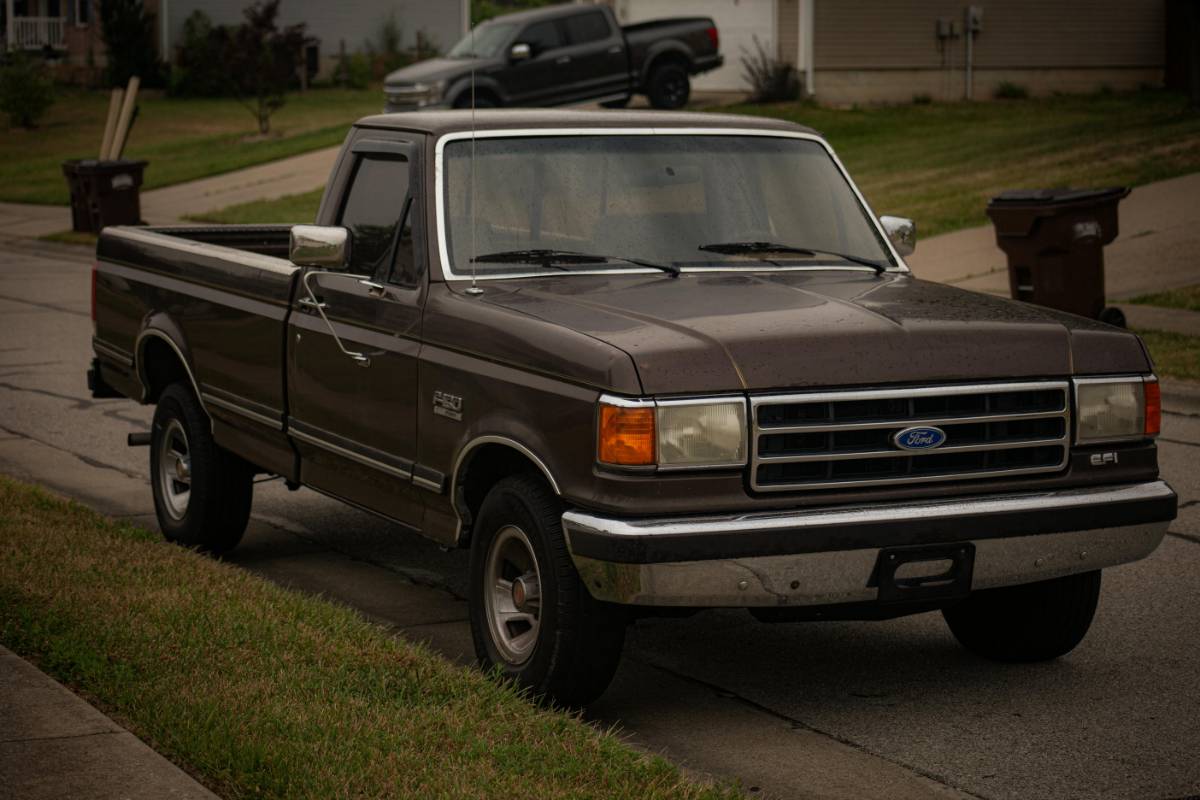
The Role of Motor Carrier Authority in Truck Insurance
When operating a commercial truck, having the right insurance coverage is essential. However, before a trucking business can get insurance, it often needs to have motor carrier authority. This authority plays a significant role in determining what types of insurance you’ll need and whether you can legally operate. Understanding the relationship between motor carrier authority and truck insurance is crucial for staying compliant with federal and state regulations.
What is Motor Carrier Authority?
Motor carrier authority is the legal authorization given to trucking companies or independent truck operators by the Federal Motor Carrier Safety Administration (FMCSA). This authority is required for anyone involved in interstate commerce, transporting goods for hire across state lines. Motor carrier authority provides the legal framework that allows a business to operate as a motor carrier.
There are different types of motor carrier authority depending on the nature of your operation. The two primary types are:
• Common Carrier Authority: Allows a trucking company to transport goods for any shipper on a for-hire basis.
• Contract Carrier Authority: Permits the transportation of goods for a specific client or under a contract.
Motor carrier authority is essential for getting commercial truck insurance, as insurers require this proof before offering coverage to trucking businesses.
How Motor Carrier Authority Affects Insurance Requirements
Motor carrier authority is closely tied to your truck insurance policy. In fact, obtaining the right motor carrier authority can determine the kind of coverage you need to carry in order to operate legally.
Here’s how motor carrier authority affects your insurance requirements:
• Minimum Coverage Requirements: Motor carriers are subject to federal minimum insurance requirements. Depending on the type of cargo you’re transporting and the type of authority you have, you may need to carry a specific amount of liability, cargo, or other types of coverage.
• Liability Coverage: The FMCSA requires a minimum of $750,000 in liability coverage for carriers transporting non-hazardous goods. If you're transporting hazardous materials, your liability requirement increases, often to $1 million or more.
• Cargo Coverage: If you are transporting goods for hire, you’ll likely need cargo insurance as part of your motor carrier authority. This coverage protects the goods being transported in the event of an accident or damage.
You might also like
1. Federal and State Requirements for Truck Insurance in the U.S.2. The Role of Government Programs in Affordable Insurance3. The Importance of Uninsured and Underinsured Motorist Coverage4. Open Enrollment: What You Need to Know• Insurance for Non-Commercial Drivers: If your authority allows you to transport goods for specific clients under a contract, you may have additional insurance needs to cover specific risks, such as contract disputes or damage to client goods.

It’s important to note that while motor carrier authority opens the door to insurance options, it also brings the responsibility of ensuring your coverage meets the minimum regulatory requirements.
Why Motor Carrier Authority is Required for Truck Insurance
Motor carrier authority serves several important purposes in the trucking industry, not just for insurance, but for overall legal compliance. Here’s why it is required for truck insurance:
• Legal Authorization: Without motor carrier authority, you cannot legally operate as a motor carrier, which means you are ineligible for insurance coverage. The FMCSA ensures that companies have the necessary legal status to operate across state lines, which helps keep the industry regulated and safe.
• Proof of Responsibility: Motor carrier authority is a form of responsibility. It shows that you are properly registered and that your business has met all regulatory requirements for safe and legal operation. Insurance providers will want proof that you are compliant before offering coverage.
• Risk Assessment: Insurance companies use motor carrier authority to assess the level of risk associated with your operations. Different types of authority may involve different risks, such as the type of cargo being transported or the areas served, which can affect the insurance premium.
What Happens if You Don’t Have Motor Carrier Authority?
Operating a commercial truck without the necessary motor carrier authority is illegal, and this can have serious consequences. Without the proper authority, you may face penalties, fines, or even the loss of your ability to operate in the industry.
Additionally, without motor carrier authority, you won’t be able to secure commercial truck insurance, leaving your vehicles and business unprotected. If you are caught operating without the required authority, you may face severe penalties, including fines, suspension of your license, and possible liability for accidents or damages.
How to Obtain Motor Carrier Authority
To obtain motor carrier authority, businesses need to apply through the FMCSA. The application process typically includes the following steps:
• Submit an Application: Fill out the appropriate forms with the FMCSA to request the appropriate type of authority based on your business model.
• Pay the Application Fee: There is a fee associated with obtaining motor carrier authority. The fee amount depends on the type of authority requested.
• Meet Insurance Requirements: Before receiving your authority, you’ll need to secure the necessary insurance coverage that complies with federal minimum requirements.
• Maintain Ongoing Compliance: After obtaining motor carrier authority, you must continue to comply with FMCSA regulations, which include keeping your insurance coverage up to date and maintaining a good safety record.
Once your application is approved, you’ll receive an official motor carrier number, which you must display on your trucks and include on your insurance policy.
Conclusion
Motor carrier authority is an essential aspect of truck insurance. It not only enables you to legally operate as a motor carrier but also ensures that your insurance coverage meets the necessary requirements for interstate commerce. Understanding the role of motor carrier authority in truck insurance helps you stay compliant, protect your assets, and operate your business smoothly. If you are starting a trucking business or considering switching providers, make sure to secure your motor carrier authority before seeking insurance to avoid any issues down the road.
About the author
Mason Brooks is a seasoned finance writer with over 8 years of experience helping millennials and Gen Z take control of their money. With a background in economics and a passion for demystifying complex financial concepts, Ananya shares actionable tips on budgeting, investing, and building long-term wealth. Her mission is to make financial literacy accessible, relatable, and empowering — no jargon, just smart money moves.


